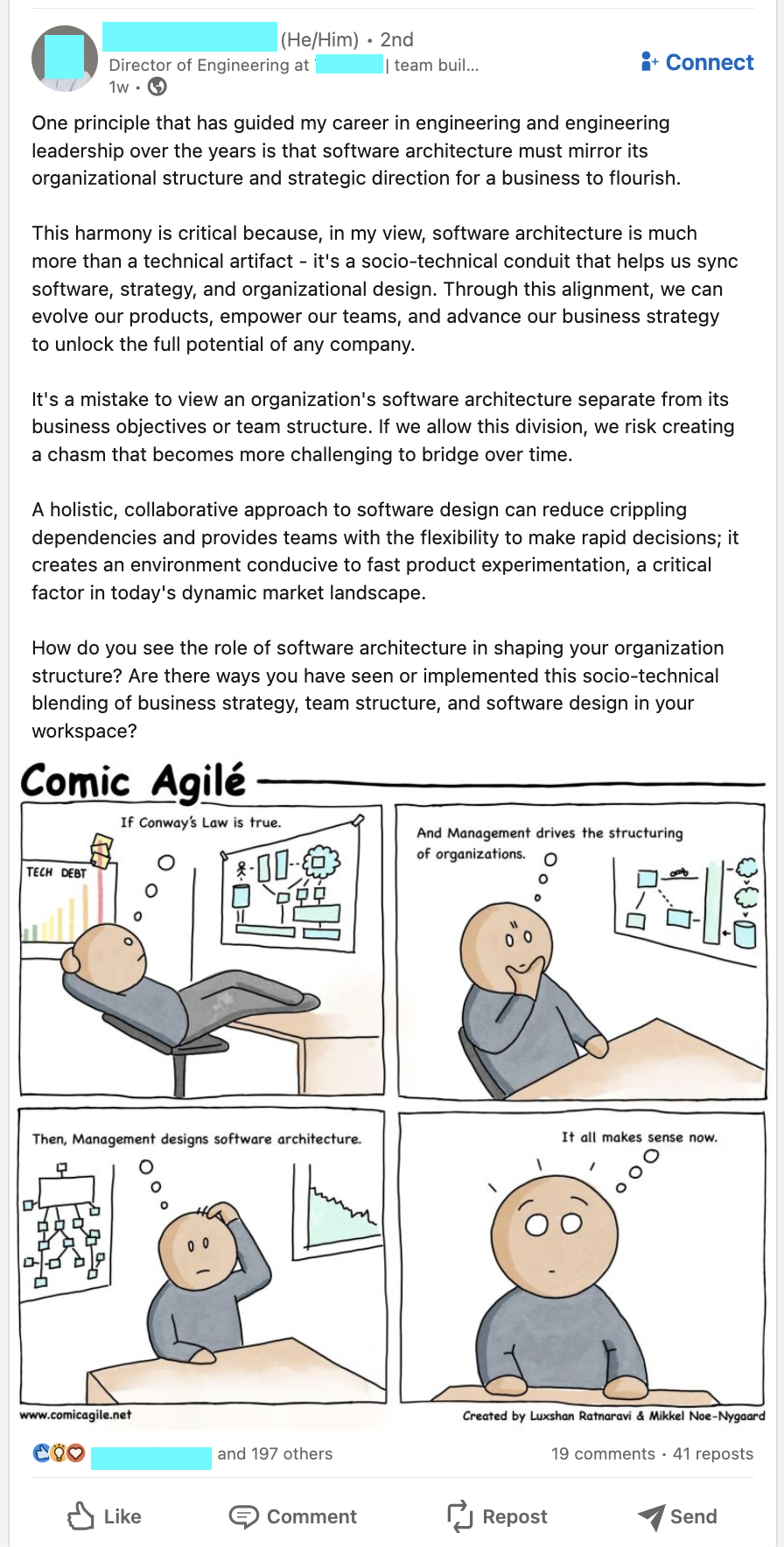Just generally not being a jerk, in a situation where people are often jerks.
thanks_shakey_snake
In a narrow sense, it's useful for like... e.g. location-based search...So of you search "cosmetic dentistry," it's useful to privilege results closer to you (or at least you could make that argument). But broadly, in practice, "personalization" is primarily optimized for the ad buyer or first-party company's goals (e.g. engagement, click-through) as per phases 2 and 3 of the enshittification cycle... And we know what happens to secondary goals as systems become increasingly optimized.
So I'm not claiming that it can't be los dos, and indeed in phase 1 it definitely is... I'm claiming that it isn't los dos, in practice, at this moment in history.
What options do we have to stabilize a renewable energy system and make it long term viable?
Great question -- Because the process of enshittification requires the subordination of the user's interests to the interests of businesses (ad buyers, in Google's case), which in turn will be subordinated to the interests of shareholders. In principle, it should be possible to balance los dos in a pro-consumer, non-cynical way, but in practice, more line go up. Line must go up. Enshittification optimizes for line go up.
A good example of a time where you really need to full-ass it.
Algebra is OP
No, no, they have a point: The original native population DID do a better job... But then Republicans and Democrats.
Small typo: You spelled "ad buyer" wrong.
Yeah, someone should definitely do that. I think this is written from the perspective of a security researcher communicating with others in the security world about a discovery they made, so it's a) dense to read, and b) not thorough as a consumer guide.
Hopefully someone follows up with a resource like you describe.
AFAICT, keeping the TV offline (i.e. not connected to any wifi) and plugging in a laptop/Chromecast/etc. via HDMI would eliminate both sides of the problem. You can still use streaming services on the laptop, but the TV would be unable to phone home.
There's always the yar har option as well, which is also effectively implemented with a laptop.
I generally agree with the idea that "stampede" is usually the wrong concept to describe these events, and probably the wrong approach to understanding them. Even in the Iroquois Theater case, I think if you eliminated the panic component, the death toll would have been significantly lower (maybe zero), but it still wasn't really the same dynamics as a stampede.

Err... Is your team doing planning during standup? I've never heard of that, from either people who are on teams that use standups, or from any of the Agile/Scrum literature that I've seen. In my experience, standups are typically about either a) coordinating the execution of work that has already been committed to, or b) whoops just a status meeting and everybody's tuned out.